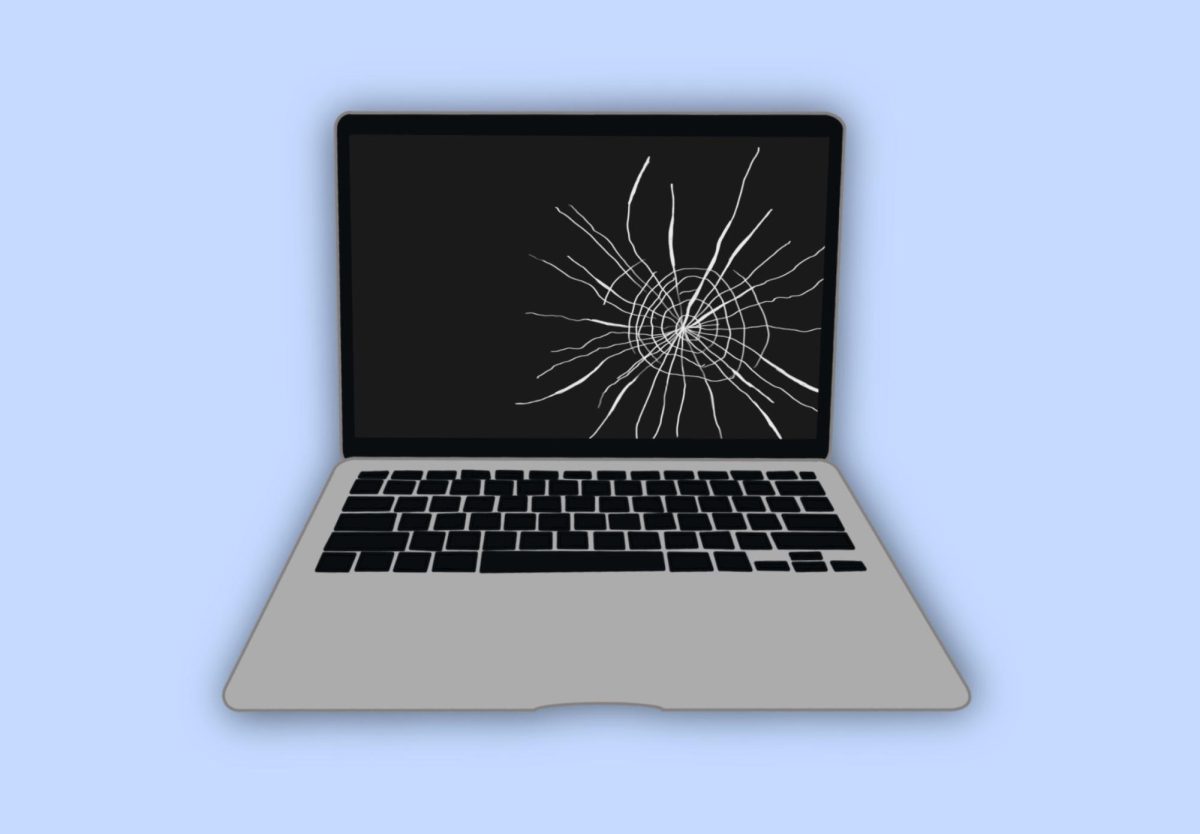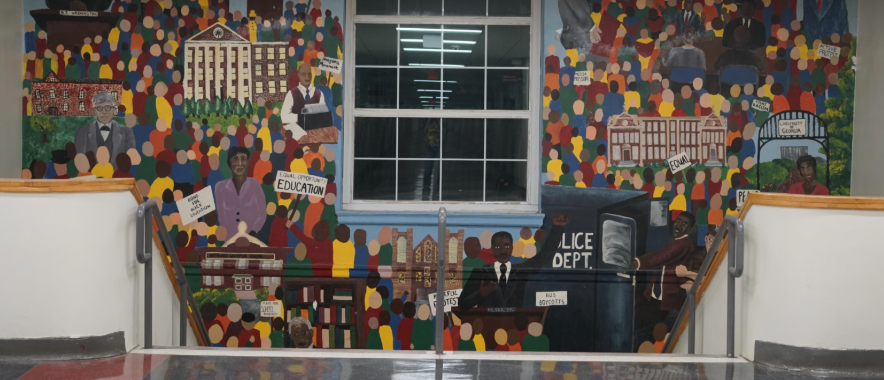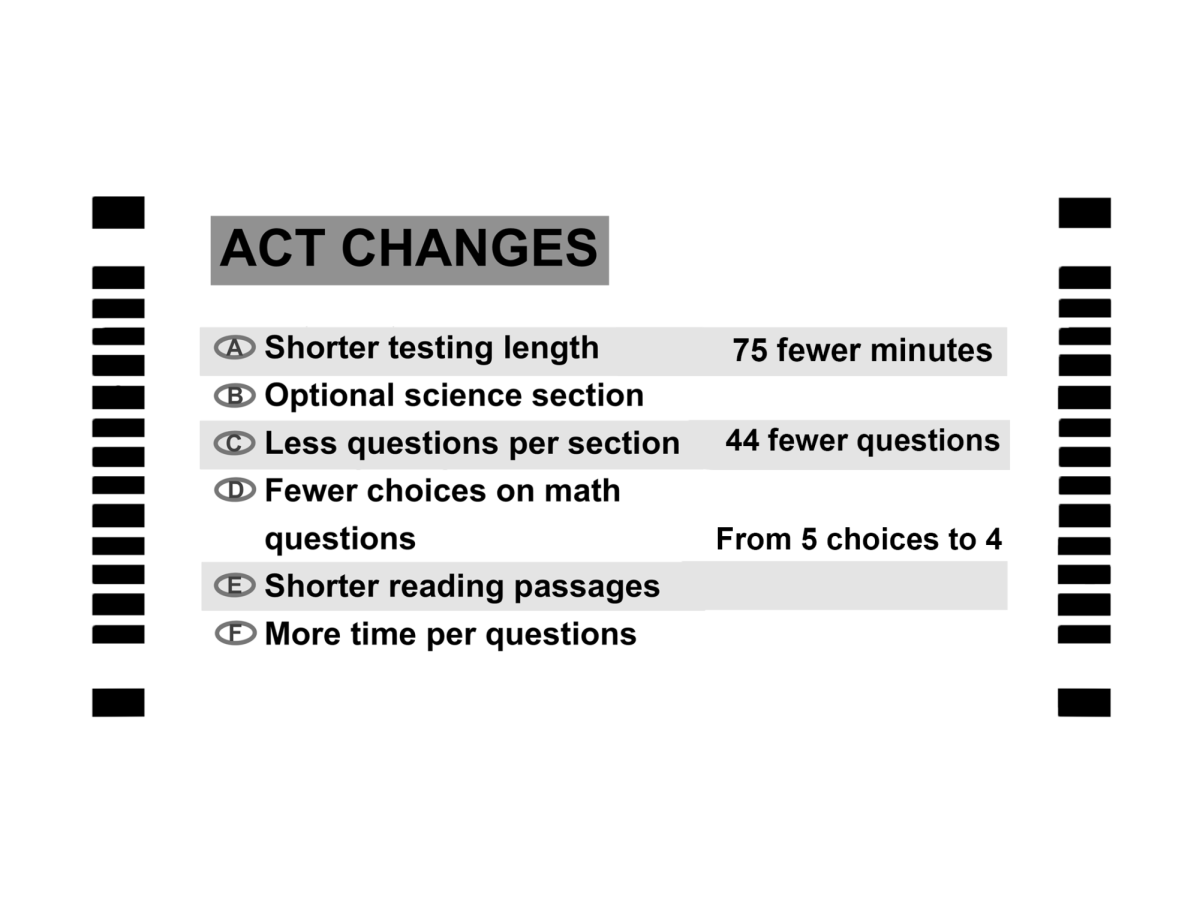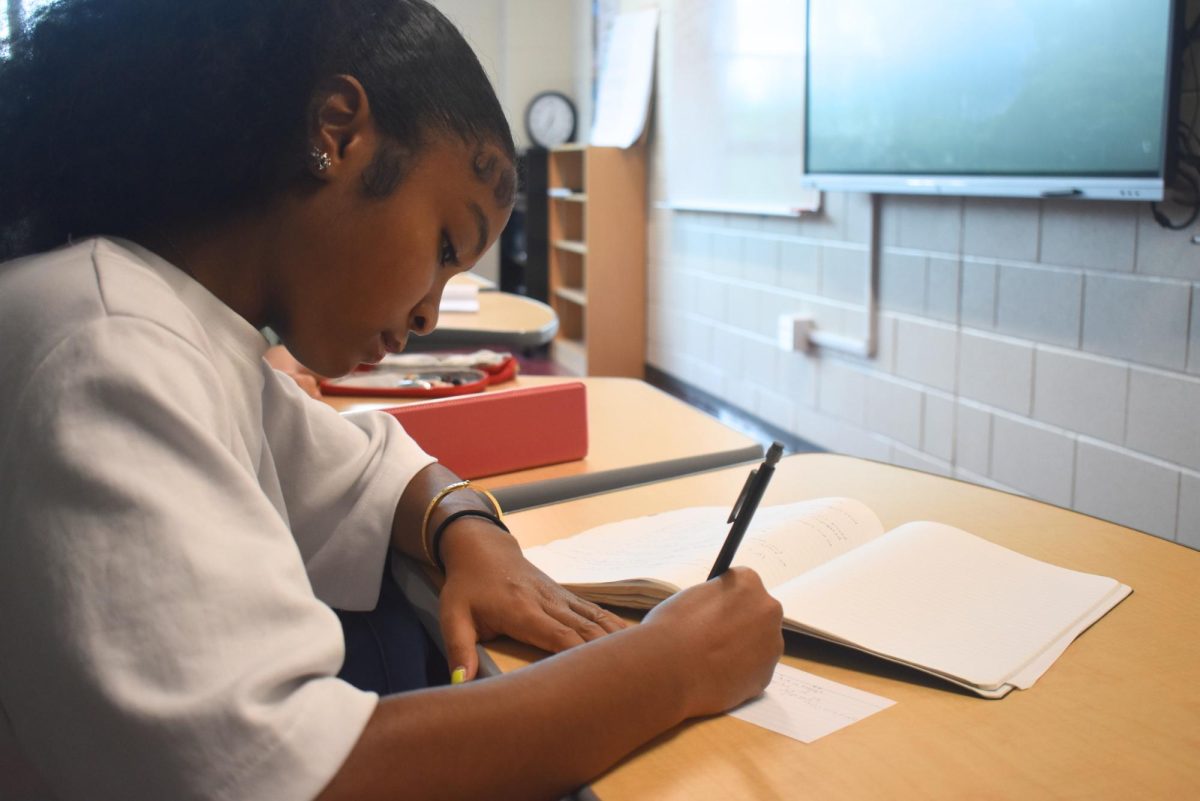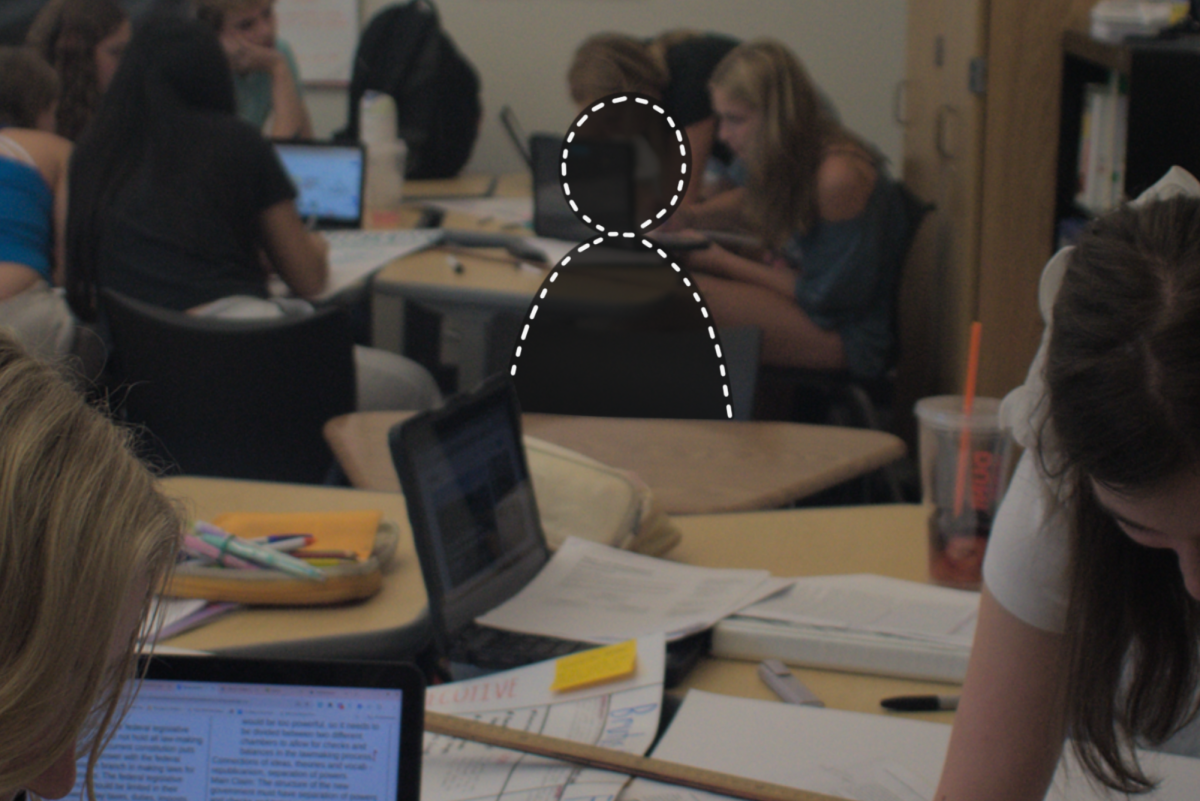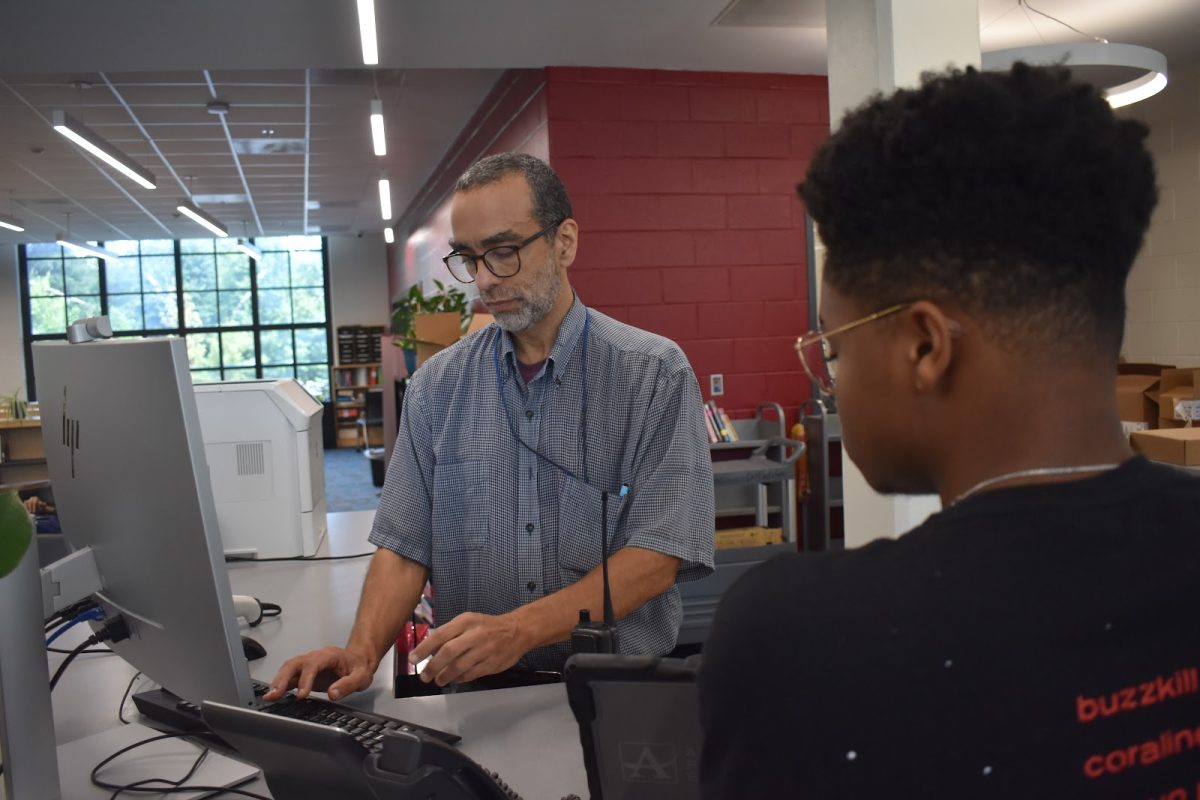Starting this year, the Atlanta Public Schools implemented a new computer policy, which requires not only students, but also their parents or guardians to sign an agreement to take a Chromebook home.
The new agreement was in response to widespread loss and damage of the devices across the district. Under the previous policy, if students lost or damaged the school-issued device, they would be held responsible for reimbursing the school.
“It just got to a point where it was not a sustainable model because there was just no accountability,” Midtown media specialist Brian Montero said. “There would be situations where students would just lose a device, and if there was no incentive not to do that, they would just leave them everywhere.”
While the purpose of the policy is to motivate students to keep better track of and take better care of their school-issued devices, junior Leila Heller said students’ lack of responsibility was not the real issue.
“I do not think that the new policy will change the way that the students treat their laptops because generally, when laptops break, it is not really their fault,” Heller said. “I think that this is a bad policy because signing a document will not really change how students treat their laptops.”
Sophomore Emerson Maxwell said the agreement just adds another item to a parent’s to-do list and that devices should not be withheld from students if parents and students choose not to sign the agreement.
“Not everyone has the time or the electronic ability to sign this form, and it just is another step for parents to do, something that I don’t really think is needed,” Maxwell said.
One positive aspect of the policy’s implementation, however, is that it will ensure students have a Chromebook to use for testing at school. English teacher Desiree Carter believes this is important because of the regulation features that are uniquely available on school-sanctioned Chromebooks.
“I feel that when students are in the lockdown mode on the computer, there’s no question of trust,” Carter said. “I know that students cannot access things that they are not supposed to.”
Students who did not sign the agreement and will not be allowed to take a Chromebook home will now have to temporarily borrow one since all assessments must be taken on school-issued devices that can be monitored.
“On testing days, students [who did not sign the agreement] have to go to Mr. Montero in the library and check out an APS device,” math teacher Peyton Williams said. “That’s going to be very time-consuming because all of these testing schedules are contingent on everyone starting on time and having all the time they need to do the testing.”
Under this new policy, students, and the families of those students, who lose or damage their devices and accessories are now responsible for the replacement cost.
“I understand why they did [implement the agreement]; there needs to be accountability for the fact that this is a device that costs a lot of money,” Williams said. “This is not just saying people at Midtown, but throughout the district, there was some carelessness with the devices. A lot of Chromebooks throughout the whole district did not come back as they were supposed to, and that is not sustainable.”
Despite concerns surrounding the new requirements, Montero is optimistic that the majority of students and parents will complete the agreement and receive their Chromebooks.
“It is in every student’s best interest to check one [a Chromebook] out, and I think that the vast majority of people want a device to take home, it will make the student’s life much easier to just have to be with them,” Montero said. “That has been the push for every student to have one.”
Many people can recognize that there are many pros and cons surrounding the new computer agreement.
“Many students feel like their personal computers are more functional than the school computers, which as someone who has a personal computer and a school computer, I agree,” Carter said. “However, everyone cannot afford it. That would be my big issue there.”
However, Montero believes that this policy is a necessary addition to ensure that the devices come back in good condition.
“So far, especially among teachers and people I talk to throughout the district, they do agree that we do need something,” Montero said. “What we had before was no real set policy regarding devices getting lost, devices and getting really heavily damaged.”

